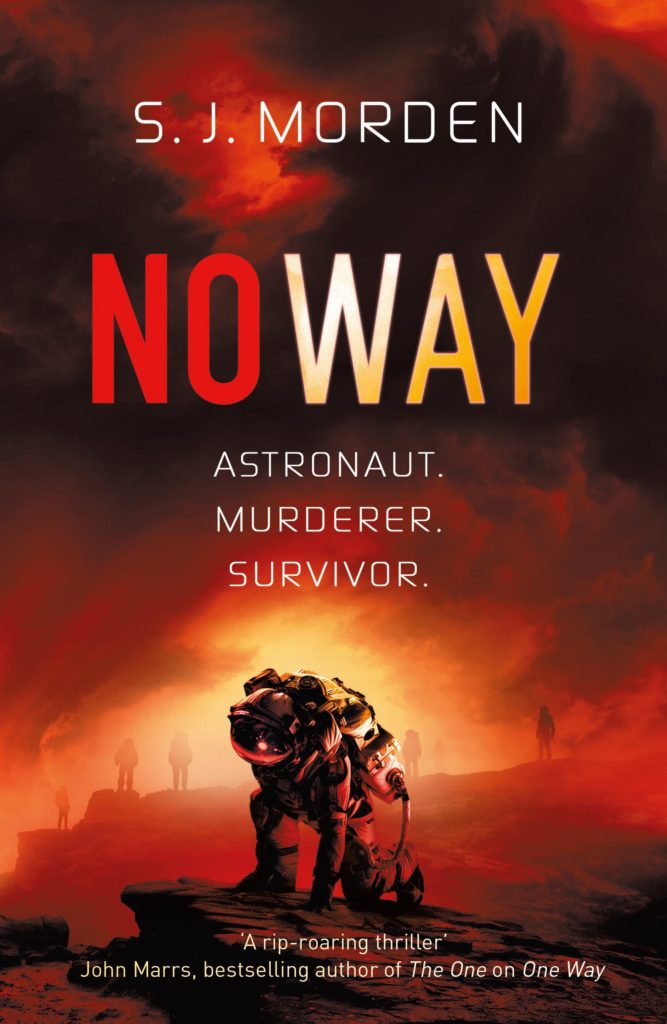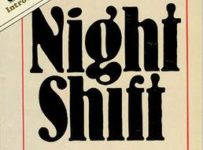
Modern science fiction authors, realising that they have yet to receive their flying cars and that their electric cars are distributed by a libellous megalomanic Bond villain, have set their sights on the most vaguely obtainable goal: Mars. In No Way, the sequel to One Way, S.J. Morden revisits Frank Kittridge moments after he became the last man standing on the red planet. One Way is a damning indictment of capitalism's propensity to ruin everything, so it's no surprise that a corporation would be so bold as to try to get the jump on our second nearest neighbour.
Frank Kittridge, having survived all attempts on his life in One Way, has to prepare Mars Base One for the impending arrival of NASA. Frank has the feeling that he is no longer alone on Mars, but is uncertain whether he should trust his instincts or the word of his corporate overlords back on Earth.
The biggest failing of One Way was that Mordern front loaded each of his chapters with secret information about the mission to Mars, giving the audience more than enough information to figure out what was going on well in advance, whittling down the options so that there could only ever be one solution to what ailed Frank, who was entirely too passive to solve his problems. No Way has communiqués, both internal and external, but they don't give the whole story away. No Way boasts a sense of mystery and confusion that allows the reader to identify more closely with Frank, rather than thinking of him as an idiot.
Given that people aren't dying all over the place this time around, No Way's narrative demands are less pressing than its predecessor. This isn't a bad thing, as Frank is given some literal breathing space to acclimatise to his new job and, when they finally arrive, his new NASA roommates. It's not like this is the first science-fiction book in recent times to centre on a man alone on Mars, but Frank Kittridge's concerns are sufficiently different to Mark Watney's that they can speak for themselves.
It's hardly a surprise that a corporation contracted to build a base on Mars would be evil, because the wheel has turned far enough that it's okay to hate capitalism again (some of us never stopped). Like privatising necessary services in real life, one wonders why NASA would have outsourced their interplanetary construction duties. Of course this means that you have to have a baseline trust that the government will act in the interests of the greater good, which is increasingly hard, but it's almost always preferable to the Invisible Hand of the Free Market.
Where No Way works is in curing Frank's loneliness, even if he feels that he is irrevocably broken. It is somewhat difficult to tell the NASA astronauts apart, but their presence is welcome on Mars and the other roadblocks that Frank faces are tantalising and disturbing in almost equal measure. For much of its run, No Way is a legitimate delight to read, no matter which direction Morden is pulling the reader in.
No Way is a life on Mars novel that takes turns that one could not reasonably expect it to take, and it's all the better for it. Whether there's another one isn't as urgent a matter as it was a year ago but, in every way that matters, No Way is a far superior specimen to One Way.


